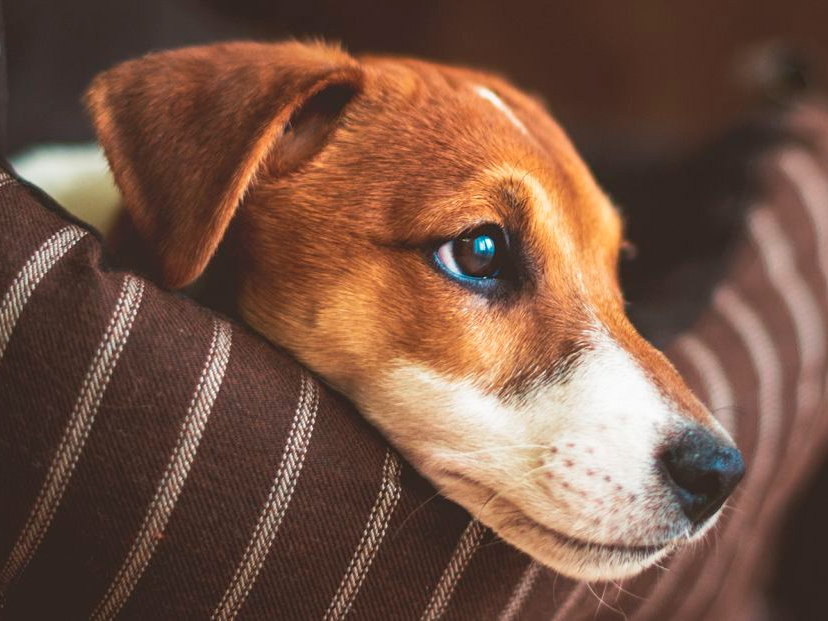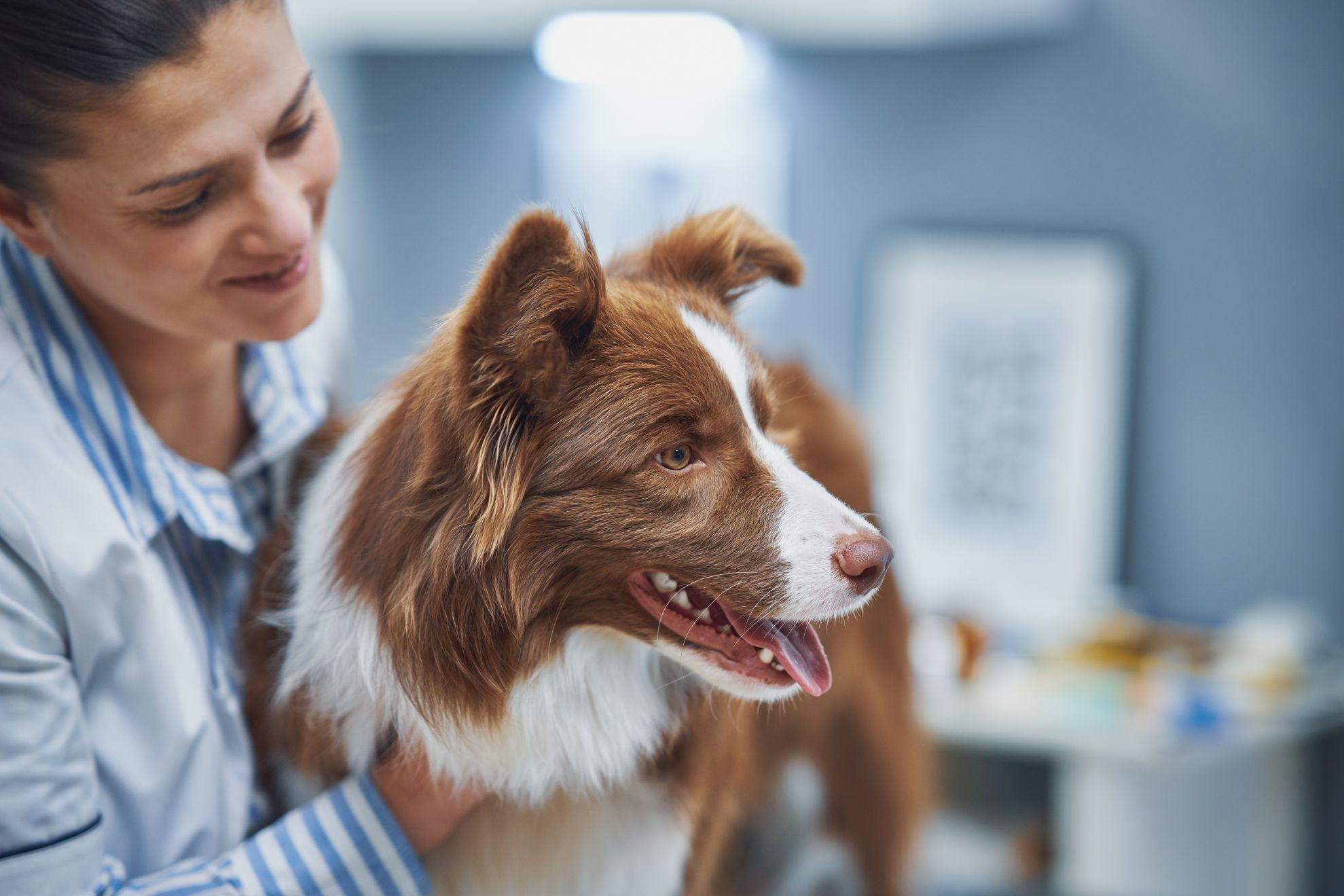My dog's stomach is hard

What to do when your dog's stomach is hard
Below are a few steps you should take if your dog’s stomach feels hard:
- Assess the situation: If your dog's stomach feels unusually hard, observe their behavior and look for any other signs they might be exhibiting. These could include lethargy, vomiting, diarrhea, panting excessively, whining, or showing signs of distress.
- Call your veterinarian: If you’re unsure about the severity of the situation or if your dog is exhibiting any concerning signs, it's best to call your veterinarian right away. They can provide guidance over the phone and advise you on whether your dog needs to be seen immediately or if it's safe to wait and monitor the situation.
- Look for signs of pain: If your dog seems to be in any pain or discomfort, contact your veterinarian immediately.
- Avoid home remedies: While there are some home remedies that may help with minor digestive issues in dogs, it's important to avoid trying to treat a potentially serious medical condition at home without professional guidance. Giving your dog medication or trying to induce vomiting without consulting a veterinarian may do more harm than good.
It's always better to take precautionary measures when it comes to your pet's health. If you're ever unsure about your dog's condition, don't hesitate to contact your veterinarian for advice.

What to do when your dog's stomach is hard
Below are a few steps you should take if your dog’s stomach feels hard:
- Assess the situation: If your dog's stomach feels unusually hard, observe their behavior and look for any other signs they might be exhibiting. These could include lethargy, vomiting, diarrhea, panting excessively, whining, or showing signs of distress.
- Call your veterinarian: If you’re unsure about the severity of the situation or if your dog is exhibiting any concerning signs, it's best to call your veterinarian right away. They can provide guidance over the phone and advise you on whether your dog needs to be seen immediately or if it's safe to wait and monitor the situation.
- Look for signs of pain: If your dog seems to be in any pain or discomfort, contact your veterinarian immediately.
- Avoid home remedies: While there are some home remedies that may help with minor digestive issues in dogs, it's important to avoid trying to treat a potentially serious medical condition at home without professional guidance. Giving your dog medication or trying to induce vomiting without consulting a veterinarian may do more harm than good.
It's always better to take precautionary measures when it comes to your pet's health. If you're ever unsure about your dog's condition, don't hesitate to contact your veterinarian for advice.
Why is my dog's stomach hard?
Some medical conditions can cause a hard stomach in dogs. These include:
1. Peritonitis: Peritonitis can develop for a range of reasons, from eating inedible items like toys, to organ ruptures and infections. Without immediate veterinary attention, complications like sepsis, organ failure, or even death, can occur.
2. Gastric Dilatation Volvulus (Bloating): This is a serious and potentially life-threatening condition where the stomach becomes distended with gas or fluid and may twist on itself. It is most common in large, deep-chested breeds like German Shepherds and requires immediate veterinary attention.
3. Cushing's disease: Caused by prolonged exposure to high levels of cortisol, Cushing's disease can result in a 'potbelly' look that is common in older dogs. You should always contact your veterinarian for diagnosis and treatment.
Find out more about canine gastrointestinal and digestive health here.
Other signs of stomach issues in dogs
As well as a hard stomach or bloating, there may be other signs that your dog has stomach issues, including:
- Loss of appetite
- Vomiting
- Diarrhea
- Constipation
- Weight loss
- Increased gas
Can I prevent my dog from getting a hard stomach?
When it comes to Gastric Dilatation-Volvulus (Bloat), although the specific cause is not known there are thought to be risk factors. Preventive measures to reduce the risk of bloat include:
- Avoiding strenuous exercise after meals
- Feeding smaller, more frequent meals
- Using a slow feeder bowl
Contact your veterinarian regarding what you can do to help prevent bloat.
Related Articles
Find a vet
If you have any concerns about your dog’s health, consult a vet for professional advice.
Like & share this page